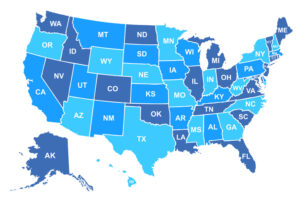Implementing the No Surprises Act: What We Know from Early Complaint Data

The No Surprises Act (NSA) provides comprehensive protections from many of the most prevalent forms of surprise medical billing, and a new process for determining out-of-network provider reimbursement aims to control health care costs by limiting insurer payments for surprise bills. It remains to be seen if the new federal law—implemented only last year—will achieve these goals. Two recently released reports provide some of the first indicators of the NSA’s impact.








